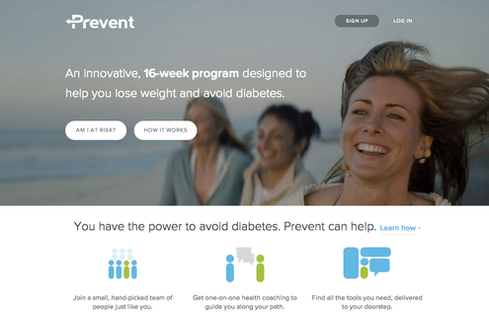CCHIT Exits EHR Certification Business
Top government-endorsed certifying body Certification Commission for Health Information Technology is losing money; will transition to advisory role to healthcare vendors and providers.


8 Healthcare Startups Catch Fire
8 Healthcare Startups Catch Fire (Click image for larger view and for slideshow.)
The Certification Commission for Health Information Technology (CCHIT) has announced it will stop testing and certifying electronic health record (EHR) software. The CCHIT will henceforth focus on advising healthcare providers and health IT developers on the government's requirements for certified EHR technology and how to comply with health IT regulations.
In partnership with the Health Information Systems and Management Society (HIMSS), the CCHIT will also "develop new programs and policy guidance at achieving interoperability and supporting change" in how providers and patients use IT to transform healthcare, said a news release.
A nonprofit organization that helped develop some of the first standards for EHRs, the CCHIT has been certifying the software since 2006. It has been an official certification body of the Office of the National Coordinator for Health IT (ONC) since 2012. Until now, it was the largest such entity.
Alisa Ray, executive director of the CCHIT, told us that the organization's board decided to cease testing and certification of EHRs for economic reasons. "The problem with ONC certification is making a sustainable business that we can operate predictably," she said.
[Doctors are gradually incorporating EHRs into their practices. Read Physician EHR Adoption Leaps 21% In 2013. ]
Running a certification organization requires investments in infrastructure and staff, but generates revenue only during periods when vendors are seeking certification, said Ray. Because the government's 2014 Edition requirements are so complex, she noted, most EHR vendors didn't start applying for certification until last September. But CCHIT must maintain its staff all year.
Ray said she expected that there would be a "good stream of work" for certifying bodies until the second quarter. After that, if CCHIT had continued its certification activities, it would have had to wait until Meaningful Use stage 3 came along before demand increased again. Given that Stage 2 has been extended through 2016, that surge is probably a couple of years away.
In addition, she noted, fewer vendors are getting certified for ONC's 2014 edition than for the 2011 edition that accompanied MU Stage 1. She estimates that so far, only 55% of the firms that applied for 2011 certification have applied for the 2014 Edition. Although more are applying now, she expects there will be a shakeout because not all of the smaller vendors can afford the R&D to reprogram their software.
CCHIT has notified its existing customers of its decision and has urged them to use ICSA Labs to maintain their certification or apply for new testing services.
ONC's accredited certification bodies now include ICSA Labs, Drummond Group, and InfoGard Laboratories. Among its accredited testing laboratories are Drummond Group, ICSA Labs, InfoGard Laboratories, SLI Global Solutions, and Wyle Laboratories.
CCHIT will continue to operate the Source, its subscription-based ONC testing and certification preparation service. It plans to offer EHR developers programs on topics such as "Understanding ONC Certification Criteria and Test Methods," "Interoperability," and "Clinical Quality Measures and Meaningful Use Reporting." New services designed for healthcare providers will also be added.
CCHIT has reconstituted its board, replacing four of the seven members with people who also sit on HIMSS's board. CCHIT will also purchase some services from HIMSS and might eventually rent space from that organization, but will remain a separate entity, Ray said.
In October 2012, CCHIT entered an agreement with Healtheway, which operates the eHealth Exchange, and the Interoperability Work Group to certify HIE and EHR vendors for compliance with standards for exchanging clinical data. CCHIT withdrew from that venture, Ray said, because its scope was too big for CCHIT's capabilities. But it might return to the project with the help of HIMSS, she said.
In another manifestation of CCHIT's HIMSS alliance, it will hold the first CCHIT Summit, entitled "The Decade of Health IT," at the upcoming HIMSS conference in Orlando. The discussion will include three past national coordinators of health IT -- David Brailer, Robert Kolodner, and Farzad Mostashari -- who will take a "critical look back at the last decade of health IT progress."
Medical data breaches seem to show up on the 6 o'clock news almost every week. If you think it wouldn't happen to you -- or the financial impact will be minor -- think again. Download the Healthcare Data Breaches Cost More Than You Think report today. (Free registration required.)
About the Author
You May Also Like






